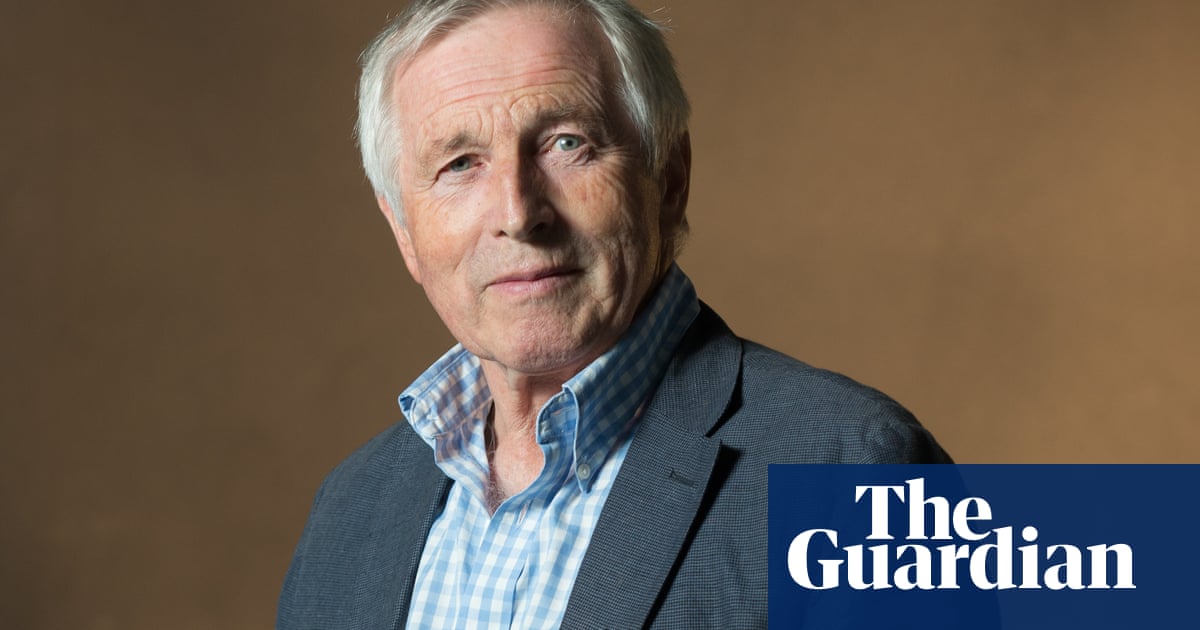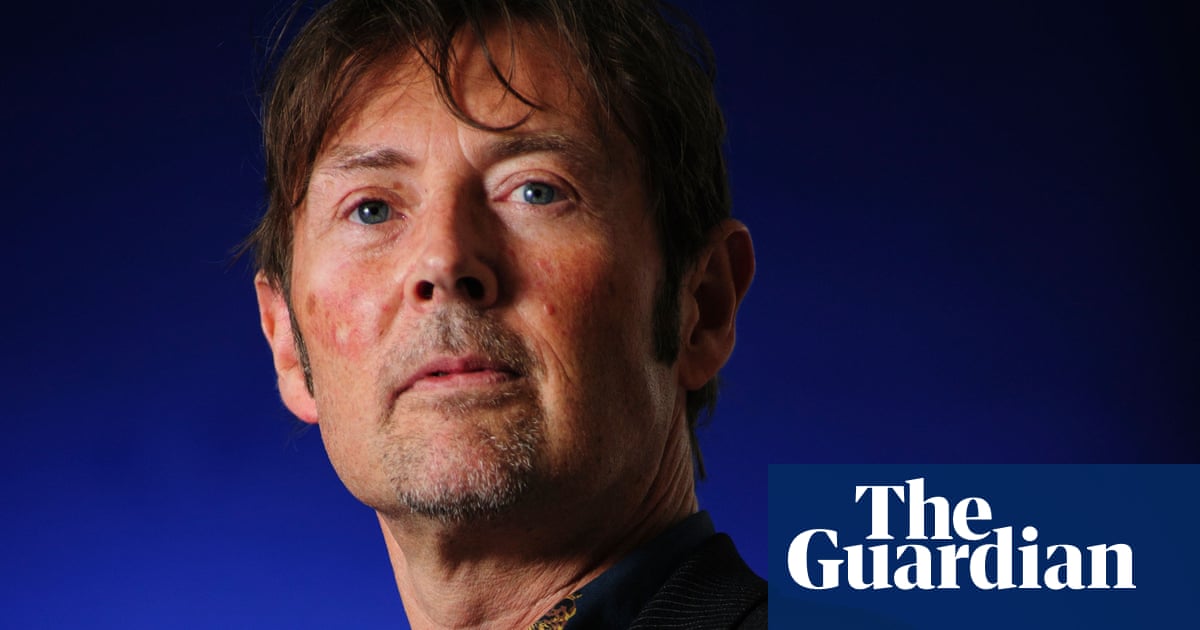
During a Labour away day ahead of the last election, the party’s candidates were put through their paces as parliamentary debaters. The topic chosen, assisted dying, was a deliberately intractable issue designed to test their analytical skills. Yet just months later, scores of new MPs find themselves having to make a very real decision over changing the law.
“I’m genuinely the most back and forth on this that I’ve been on anything,” said one new MP who has found themselves on either side of the debate over recent months. Like so many, with the issues so finely balanced in their mind, a single conversation can sway their thinking.
“I had a conversation during the election campaign with a woman whose husband was on a [syringe] driver for 12 days,” the MP said. “I can honestly say that conversation really changed my mind and put me in the pro camp. But the challenge for the people who are pro is whether they can convince everybody that this bill is narrow enough. I don’t know what they could do prior to Friday to get that over.”
All MPs are now grappling over how they will vote in Friday’s once-in-a-generation decision on the assisted dying bill brought forward by Labour backbencher Kim Leadbeater. They talk of being bombarded with campaign material from the pro and anti campaigns, as well as being swayed by personal stories of friends, family and constituents.
However, Labour MPs involved in that pre-election debate practice say it could never have prepared them for the real thing, as discussing the principle of assisted dying has given way to assessing the merits of the specific bill now before them. “The general public get to say whether they’re pro or against it as a principle,” said a Labour MP. “The MPs in the grey area now are the ones asking: ‘How would this work?’ We’re trying to think of it pragmatically.”
MPs across the political divide said that there had been a large amount of lobbying in their inboxes, but they are taking very different approaches to reaching their final decisions. Some said they were talking at length to their colleagues to thrash out the issues. Others said they were keeping their thoughts to themselves.
While new MPs find themselves thrown into a major ethical debate only months into their career, Friday’s free vote on the issue has been no easier for some veteran MPs. John McDonnell, the former shadow chancellor who entered parliament in 1997, said he had thought about the issue for decades – but had only very recently switched in favour of backing the bill.
“I’ve been in parliament 27 years now,” he said. “This has become a recurring debate every few years. It’s a hardy perennial that comes back.
“Up until now, I was unsure and opposed previous attempts at assisted dying. I was concerned, as everyone is, to make sure that we get it right and that there’s safeguards in place. “I’ve been trying to talk to as many organisations as possible. I’ve read everything that’s come into my inbox. I’ve tried to interrogate the proposals as much as possible that Kim and others put forward. And so now, for the first time, I’ve come to the view that, yes, I’ll support an assisted dying bill. I think the safeguards that Kim has put forward are pretty strong. But again, if there are other improvements that could be made, I’m open minded to looking at those. But as a matter of principle, I now think we need to move forward on it.”
As it is a free vote, there are figures from the political left and right on both sides. Former Tory cabinet ministers Kit Malthouse and David Davis are among the leading advocates for a change in the law. It is also an issue that has divided politicians who have almost always agreed. McDonnell will be voting in the opposite division lobby to some of his oldest political fellow travellers on the left, including Diane Abbott. Jeremy Corbyn has also previously indicated he will oppose assisted dying.
“I haven’t spoken to either Jeremy or Diane,” he said. “I will do, but it’s not left or right. It’s a very individual position. And again, it’s only in this recent period, in the last few months, that I’ve come to the conclusion that, actually, I can’t any longer deny people that right.”
Other MPs said that they and many of their colleagues had a clear instinct on the issue but wanted to show they were willing to consider all sides before casting their vote. “There are some people who feel that you’re denying them a fundamental human right versus other people who think you’re allowing people to kill themselves against the will of God,” said a Tory MP. “You get quite strong, visceral opinions from constituents.”












